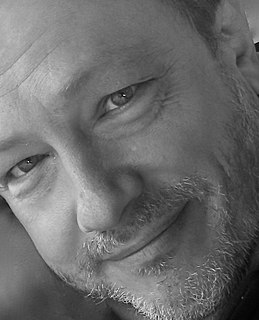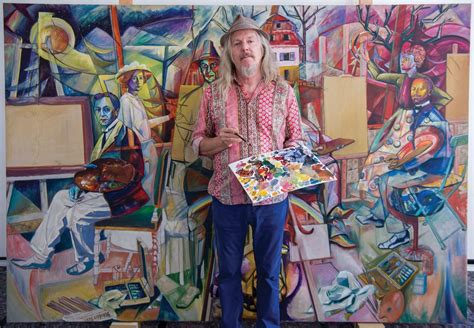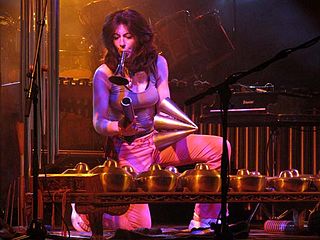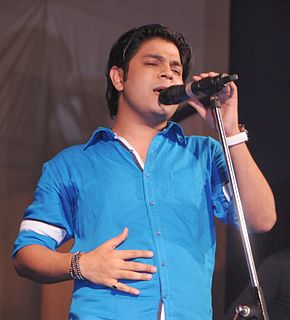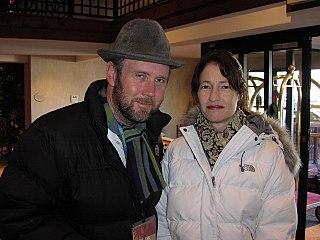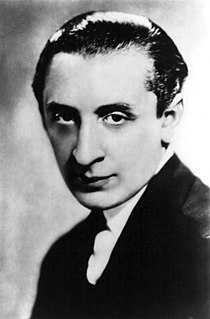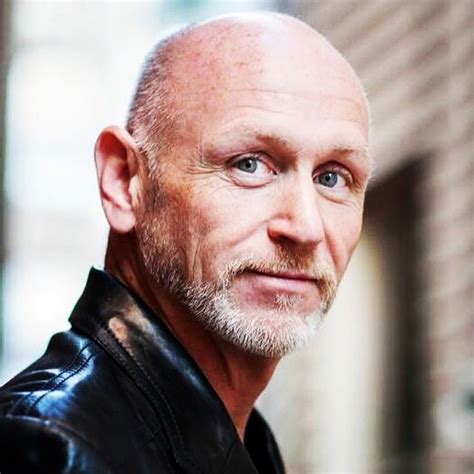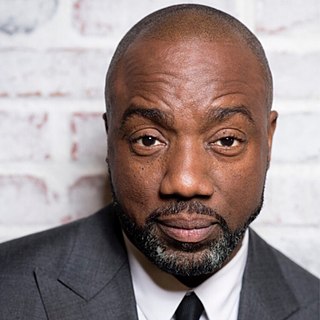A Quote by Hilary Hahn
Phrasing is the idea of finding sentences and using punctuation in speech. I often look at the score to see what's written in by the composer to see if I can find clues to those directions, like what direction did the composer have in mind, and I try to incorporate those things as much as possible.
Related Quotes
When I'm writing a play I hear it like music. I use the same indications that a composer does for duration. There's a difference, I tell my students, between a semi-colon and a period. A difference in duration. And we have all these wonderful things, we use commas and underlining and all the wonderful punctuation things we can use in the same way a composer uses them in music. And we can indicate, as specifically as a composer, the way we want our piece to sound.
When I finally got together with Rostropovich as a student, he was very focused, almost entirely focused on the music itself, on what the composer had in mind and what he knew about the composer. Many of the works that I played for him had in fact been composed and written for him; he was often the first performer of these works, having known the composers personally.
The more dollars the studio producers put in, the less freedom we have. If the budget hits $100m, they get scared - they'll take the existing score of a successful movie and expect composers to copy it, like wallpaper. The biggest challenge for any composer in Hollywood is to be as creative as possible within those boundaries.
Every philharmonic orchestra merely interprets the composer. My goal was to create new music by that composer. In doing so, I wanted to find the painter's creative center and become familiar with it, so that I could see through his eyes how his paintings came about and, of course, see the new picture I was painting through his eyes - before I even painted it.
I think we all look for clues that we are not utterly alone... Clues we find in literature and paintings and music and even someone’s eyes; clues that demonstrate that someone else has felt the same indescribable feelings, seen the same things or passed by the spot even if it was by candlelight three hundred years ago. It means everything, like finding footprints in the sand of a deserted island.


